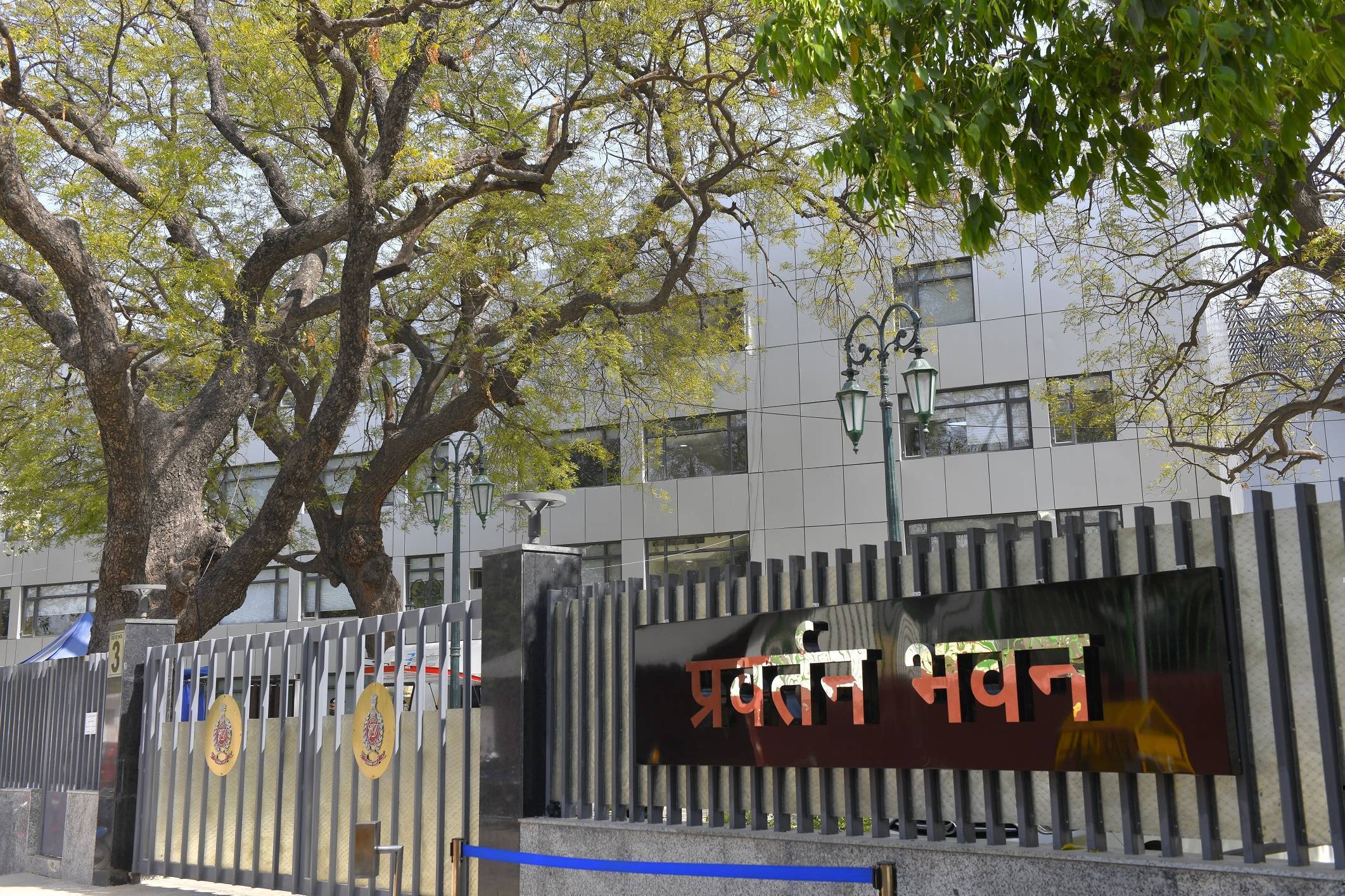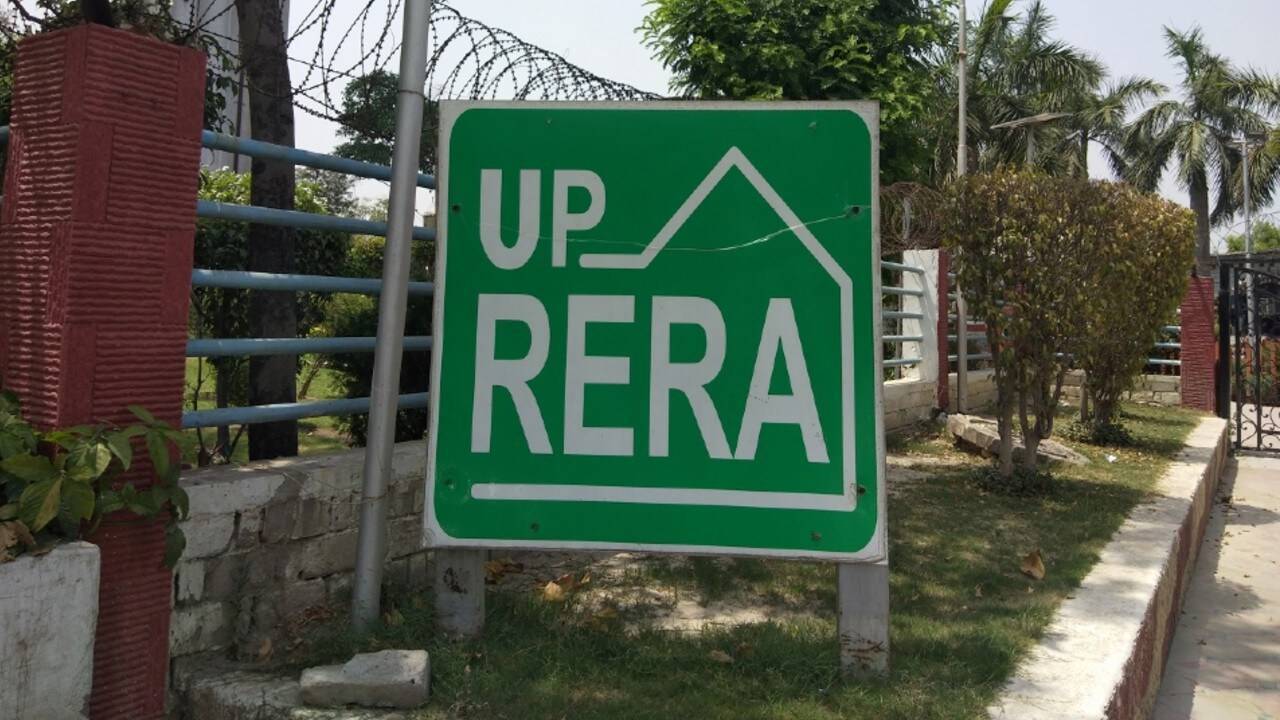In a recent ruling, the Karnataka Real Estate Regulatory Authority (KRERA) has provided clarity on a long-standing issue related to the applicability of the Real Estate (Regulation and Development) Act (RERA) to older real estate projects. The Authority has stated that projects which applied for Occupancy Certificates (OC) before the RERA Act came into effect in Karnataka do not require registration under KRERA.
This decision emerged from a dispute concerning Hamilton Homes, a residential project developed by SJR Prime Corporation in Electronic City, Bengaluru. The case involved homebuyers who had raised concerns about the project’s status and demanded that the developer register it under KRERA. The buyers pointed out that although the OC was granted in May 2017—shortly before RERA’s enforcement in the state—the project was still incomplete in several aspects.
Timeline and Background of the Case
The buyer in question had booked a flat in 2012 in the Fiesta Homes section of the Hamilton Homes development. According to the complainant, out of a total of 359 flats in the project, around 120 remained unfinished as of 2025. The buyer further claimed that only 162 flats had been registered, which accounted for less than 60% of the units.
While the OC was issued by the competent authority on May 17, 2017—just weeks after the RERA Act came into force on May 1, 2017—the buyer alleged that essential infrastructure, such as permanent water supply and sewage treatment, was not in place until 2018. In addition, the complaint stated that common area maintenance responsibilities had not been handed over to the residents' association, and several internal and external works were still pending.
Based on these concerns, the buyer approached KRERA to have the project registered and classified as “ongoing,” which would bring it within the regulatory scope of the Authority.
Developer's Response and Defense
The developer, in its defense, stated that the project had been structurally completed by 2016, and the application for the OC was submitted in December of the same year. While the OC was officially granted in May 2017, the developer clarified that certain internal works—such as floor tiles, kitchen platform installation, and sanitary fittings—are typically completed only after the individual units are sold.
Further, the developer argued that the remaining work was of a minor nature and did not classify the project as “ongoing” under the RERA framework. According to the developer, more than 30% of the landowner's share of apartments had already been handed over, and the remaining units were ready for possession.
KRERA’s Interpretation and Legal Precedent
KRERA reviewed the documents and timelines submitted by both parties. The Authority noted that the application for OC was filed in December 2016 and that the certificate was granted in May 2017. While RERA came into effect on May 1, 2017, KRERA drew attention to a key legal precedent: the Karnataka High Court’s 2022 ruling in the Cambian Technologies Pvt Ltd vs KRERA case.
According to this judgment, if a project has been completed or if an application for OC—either full or partial—was submitted before the RERA Act came into force, such a project falls outside the scope of the Act. Quoting sub-rule IV of Rule 4 of the Karnataka RERA Rules, KRERA highlighted that properties which had applied for OC before the RERA deadline are not required to register. Consequently, the Authority also lacks jurisdiction to entertain complaints related to such projects.
KRERA has clarified that under Sub-Rule IV of Rule 4, properties where applications have been submitted to the Competent Authority for partial or full Occupancy Certificates are exempt from registration with RERA. As a result, such properties fall outside the scope of RERA’s authority, and any complaints related to them cannot be entertained by the regulator.
Based on these observations, KRERA concluded that since the developer had already applied for and received an OC before the Act came into effect, the project could not be treated as ongoing and was, therefore, not subject to KRERA registration requirements.
This ruling carries significant implications for both developers and homebuyers. For developers, it offers a clear guideline on whether their projects need to be registered under RERA, particularly in cases where construction may have been completed before May 2017 but where some finishing works or amenities may have been delayed.
For homebuyers, however, the ruling underlines a potential gap in consumer protection for those who invested in projects nearing completion around the time the RERA Act came into force. Although the law aims to bring transparency and accountability to the real estate sector, projects that technically fall outside its scope due to timing may still leave buyers in difficult situations if infrastructure or promised amenities are delayed.









.png)